Description
Gannet Sport – DJI Phantom
Gannet Sport Phantom bait release system are scientifically proven to be the worlds best pressure release system, and your ultimate fishing companion
Main features:
- A full automatic mechanical release series mainly used for drone fishing. As a full mechanical it does not require a battery or any electronics.
- Standard models fits all Phantom 2’s, 3’s & 4’s, All Mavic Pro’s & Mavic 2’s, The Universal is adaptable to most drones that are strong enough to fish with the addition of custom brackets,
- The lightest purpose designed to release in the world at only 13g, 7x lighter than its closest rival.
- Designed not to interfere with your drones (Visual Positioning Sensors) VPS sensors in default optimal installation position. VPS remains ON, unobstructed and active so you are not risking your camera or drone by disabling it. See WARNINGS below for more,
- Mounts in seconds to your drone with no tools required,
- Clear from the drone camera including the large P4Pro & Adv camera,
- Over 4kg release ability (used on the Inspire 2 & custom drones)
- A Phantom can lift 1.4kg absolute Max, 800g Max recommended bait, more possible but not recommended. Easy setting from 50g-1,4kg when used on the Phantoms,
- Weight settings:
- On the Phantoms we recommend setting it to below 1kg for general everyday use,
- On the Mavic 1 to below 500g
- On the Mavic 2 to 800g
- once the experience has been gained you may increase the settings to the drone maximum should you wish to fly very big baits in windy conditions. As a rule we recommend setting it to carry 300-400g for more than your largest bait of the day (this on medium-heavy tackle, on light-medium tackle 100-200g) This reduces unnecessary stress on the drone,
- Because of it’s high accuracy, (±5% @ 800g setting) the release setting can be made higher than any other release, closer to the drone limit, resulting in more hookups and less missed fish throwing the bait/lure as the hook was not set on the initial strike, this when trawling lures or bait direct to fish. Same goes for reducing stress on the drone when dropping normal baits no need to set it too high, saving your drone in the long run.
- No need to modify your drone in any manner it simply clips or straps on,
- Central loading the same as all other Gannets – balancing the load on all 4 motors, this is fundamental to all drones. You will never see a helicopter slinging a load off-centre why do it to a drone?
- Central loading also distributes the load evenly to all 4 drone legs minimising the stress on them as far as possible. See WARNINGS below for more details,
- Lowest possible release point on the drone without adding leg extensions – See WARNINGS below for more details,
- The entire release is installed below the radio antennas, which is in the drone legs, so it cannot interfere with signal or navigation at all, this becoming critical when at long range or in high interference areas.
- Is activated whenever the pull force on the release line, the Drop-Loop, exceeds the user setting, so if set to release at 1kg you can comfortably fly 600-700g loads all day long, the trailing line, wind on it and the bait, is typically less than 200g in most conditions, so if you manually stop the spool whilst still flying forward the drone easily exceeds the additional needed 100g – 200g releasing the load.
- Easy one hand loading while the drone is hovering for the Phantoms, the Mavics are too small and need landing to reload the next line.
- Designed for 0,3mm to 1,4mm Drop-Loops of either nylon or even metal,
- Instant release should the reel or line snag to above the settings threshold, same as it would if a bird was to hit the line,
- Smallest, most compact Gannet to date and the smallest release in the market by a very large margin. Weighing in at only 13g. Weight saved on the release is safety gained for the flight reducing drone power consumption, when compared to competitive mechanical releases the power saving can be as great as 3min on every battery,
- High quality injection moulded body design and appearance matching that of DJI themselves,
- So small it fits in any drone case with the drone. With no loose parts or tools so nothing can get lost or misplaced.
What’s in the box?
- Gannet Sport Phantom
- Instruction leaflet.
View the range of Gannet Accessories here
View the All new Gannet Fishing Drones here
We are an Authorised Australian Stockists of Gannet’s range of Drones and accessories



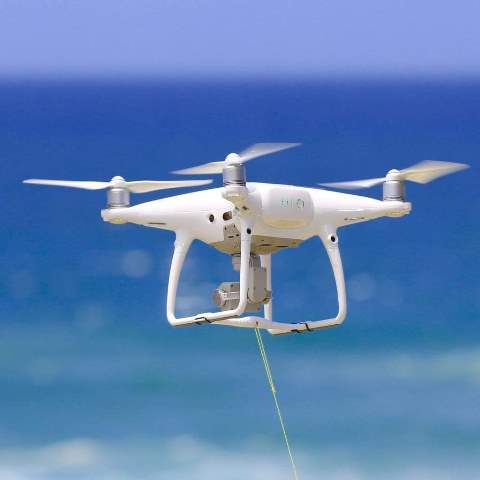
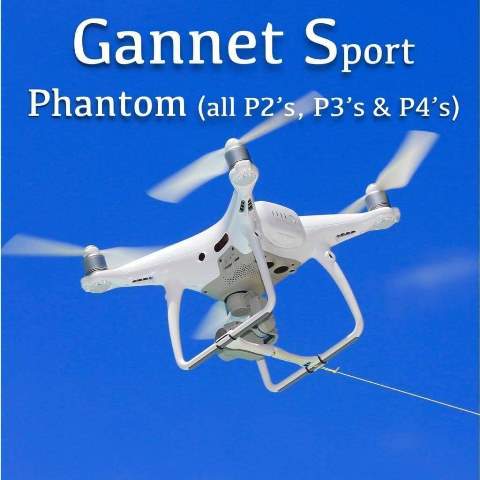
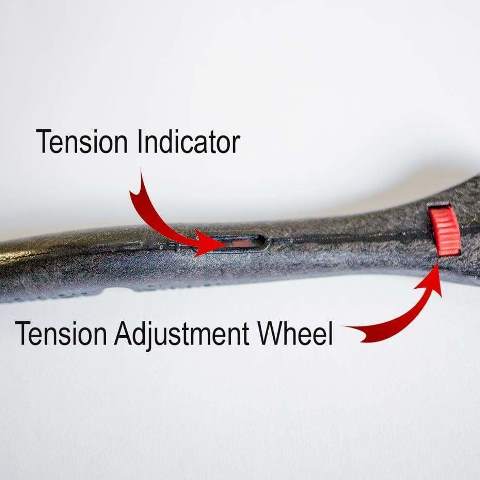

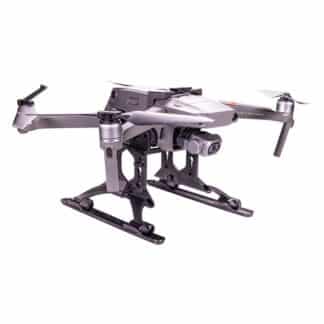

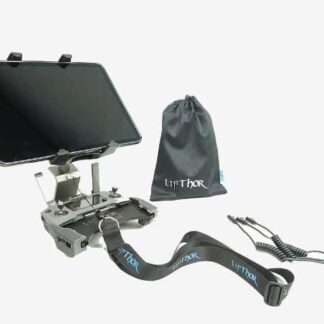




Reviews
There are no reviews yet.